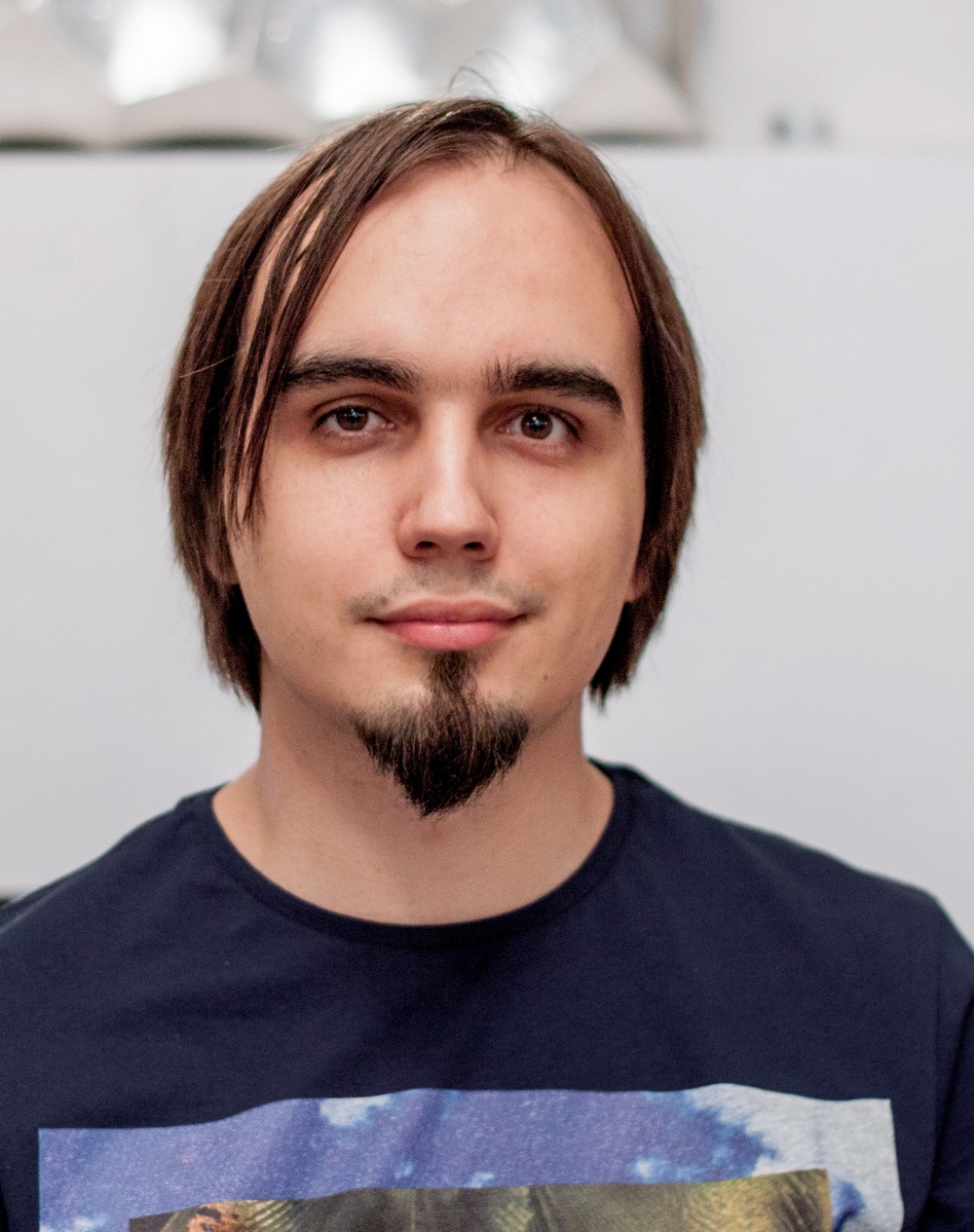Terri O’Fallon, Tom Murray, Geoff Fitch, Kim Barta, and John Kesler
Executive Summary
Our goal in this article is to respond to the Critique‘s call for rigor by providing detailed explanations, and also, to provide further answers to questions and misconceptions that may exist about the STAGES model—therefore the article is rather long. For those who want a quick summary of how we respond to the Critique by Cook-Greuter, Wilber, and Sharma, we offer the following overview:
- Preface and History.

